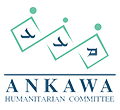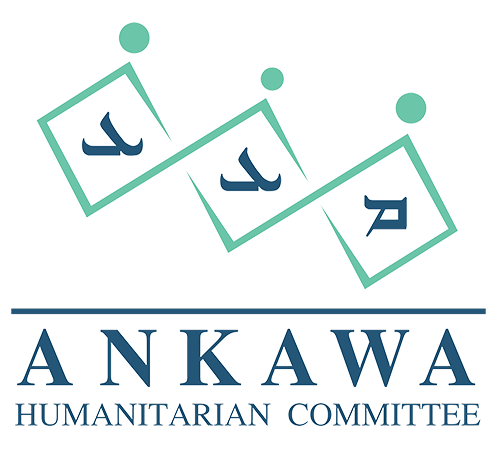Empowering Erbil's Micro-Business Owners: AHC's THABAT Project in Action
In October, the Ankawa Humanitarian Committee (AHC) embarked on a transformative journey by initiating the THABAT project, fueled by USAID’s direct and generous support. This endeavor is specifically tailored to uplift micro-business owners in Erbil, aiming to equip them with the tools and knowledge necessary for success.
What is the THABAT Project?
The THABAT project, a joint effort between AHC and USAID, stands as a beacon for small business owners in Erbil. Focused on overcoming local market challenges, the project’s core goal is to elevate livelihoods by empowering micro-business owners and assisting them in overcoming sector-specific obstacles. Achieving this objective involves tailored support, resource provision, and comprehensive training programs covering various business management topics.
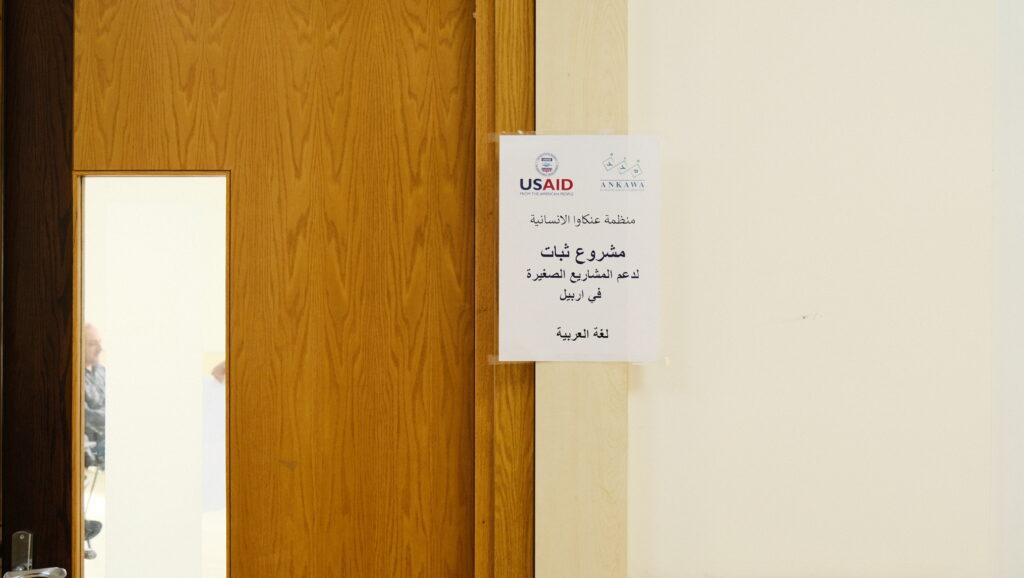
Business Management Training
From October through November, AHC implemented targeted business management training for project participants. The curriculum homed in on essential knowledge and skills encompassing business administration, marketing strategies, and financial planning. These courses were strategically designed to empower participants with the adaptability required in the local market, understand customer needs, and effectively position their products or services. The conclusion of these training sessions saw participants receiving certifications and acknowledging their acquired knowledge and practices. This formal recognition is a testament to their professional growth and development commitment.
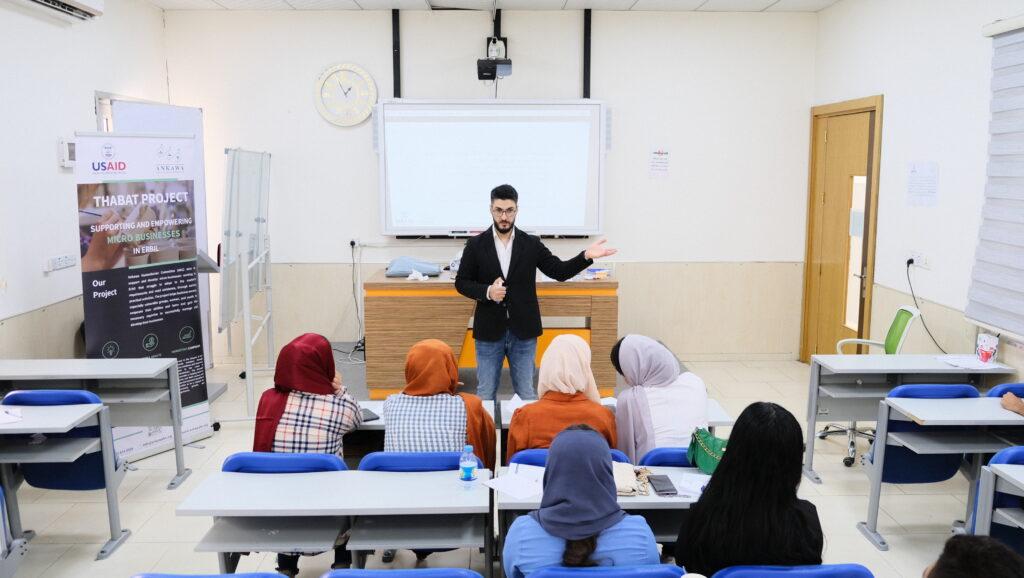
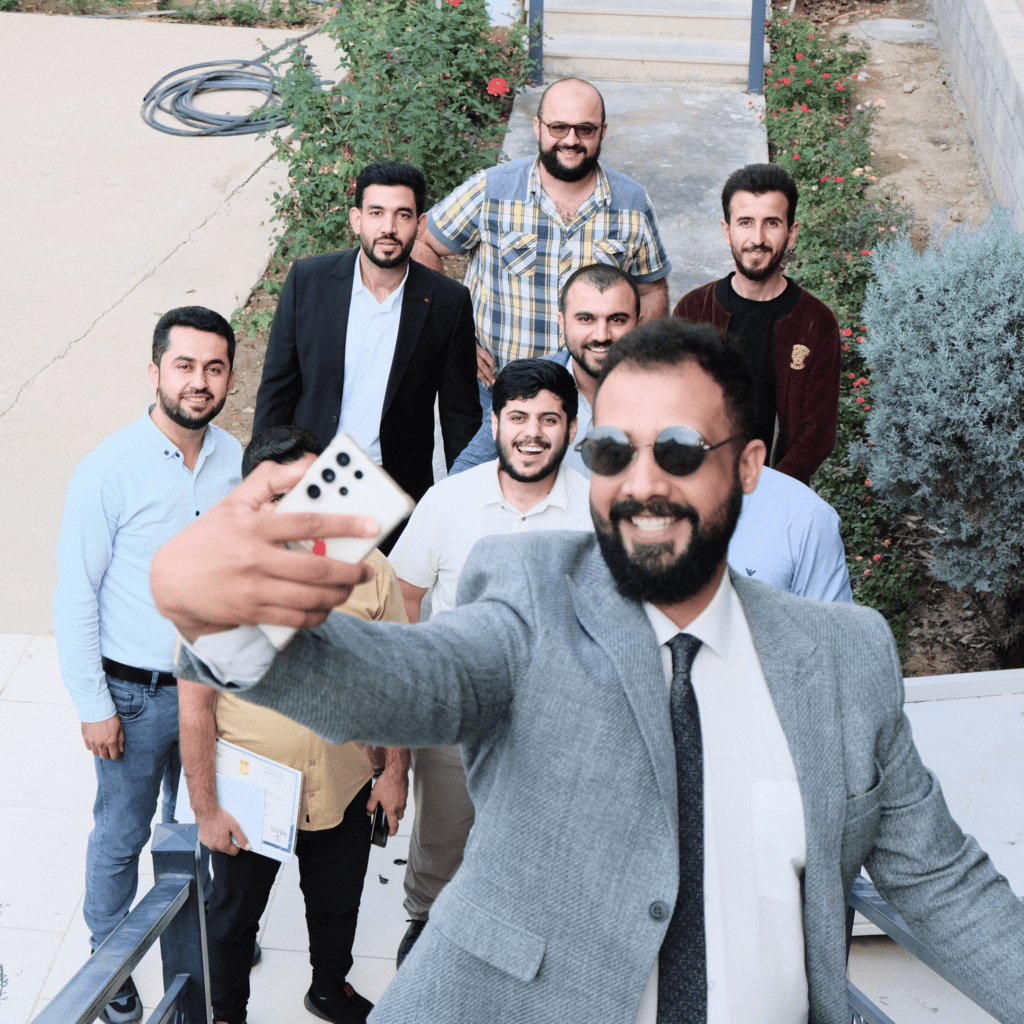
Small Grants for Business Growth
Integral to the THABAT project is the provision of small grants to participants. These grants are crucial financial support, enabling entrepreneurs to invest in their businesses, procure necessary equipment or inventory, and implement growth strategies. By strategically deploying these grants, the project aims to foster growth and sustainability among small businesses, ultimately enhancing economic opportunities and improving livelihoods.
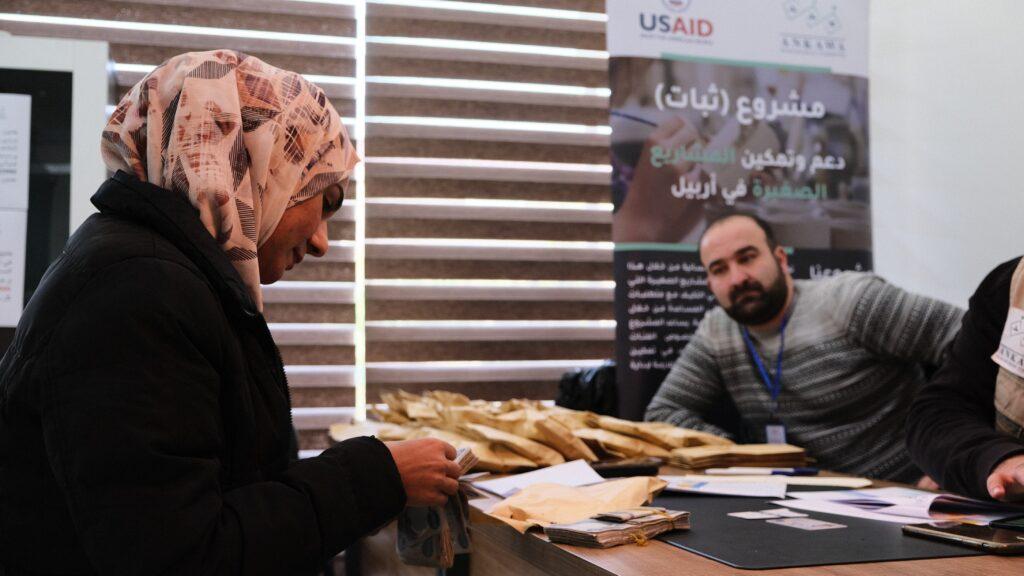
Conclusion
The THABAT project, made possible by the unwavering support from USAID, orchestrated specialized training sessions covering critical business domains. These sessions equipped indigenous micro-business proprietors in Erbil with essential tools to enhance their operational efficacy. By imparting contemporary business management methodologies, ensuring enduring sustainability, and fostering prosperity, the THABAT project stands as a testament to the commitment to aiding micro-business owners in Erbil, systematically addressing challenges within the local market landscape.
